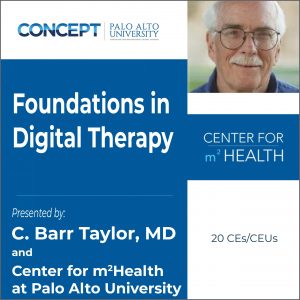The American Psychological Association has compiled advice from psychologists on ethical practice, research, teaching and applied work as professionals across the field adjust to a sudden shift in working conditions. This is a great article that provides some useful guidance as well as a number of helpful resources. Please check out the article here.
The resources have been replicated below for each of the areas discussed in the aforementioned article.
Practice Resources
Research Resources
Teaching & Training Resources
- Advice for psychology supervisors and trainees on caring for patients during the COVID-19 crisis, APA
- Electronic resources available for distance learning, APA
- Psychology Training and Education Joint Statement — COVID-19, APPIC
- The Use of Technology in Teaching and Learning, APA Div. 2 (Society for the Teaching of Psychology)
Resources for Applied Work
- Ethics Resources on the Coronavirus, The Hastings Center
- COVID-19: Resources for Addressing Key Ethical Areas, Johns Hopkins Berman Institute of Bioethics
- Seven Guidelines for Parents Who Are Divorced/Separated and Sharing Custody of Children During the COVID-19 Pandemic, Association of Family and Conciliation Courts
- Ethics Guidance for ABA Providers During COVID-19 Pandemic, Behavioral Analyst Certification Board
Training in Digital Therapy
For training on Foundations in Digital Therapy, check out this self-paced, online, professional training program by Drs. Barr Taylor, Alina Kurland, Shiri Sadeh-Sharvit, Josef Ruzek, Elsa Rojas-Ashe, and Joseph Bankman, at the Center for m²Health at Palo Alto University.

Technology has become an inherent part of modern psychological treatments. This course provides an overview of the use of digital tools and technology in therapy, including a discussion of the evidence base for integrated (“blended”) face-to face and technology-facilitated therapy, a review of different types of tools available for clinicians, and a discussion of ethical and other concerns about providing and using digital therapies. The course also includes information on the relevance of social media to clinical practice as well as empirically-supported strategies that can help engage clients in the use of digital therapy tools. Clinicians will also learn to identify the best tools to use for their particular clinical need and to introduce strategies for addressing client disengagement or non-adherence. Finally, the course includes discussions of relevant ethical and legal concerns. The aim of this course is to prepare clinicians to successfully integrate digital tools in their own clinical practice and, if desired, to seek additional, more specialized training in the use of digital tools.
Click here for more details on this training program.























